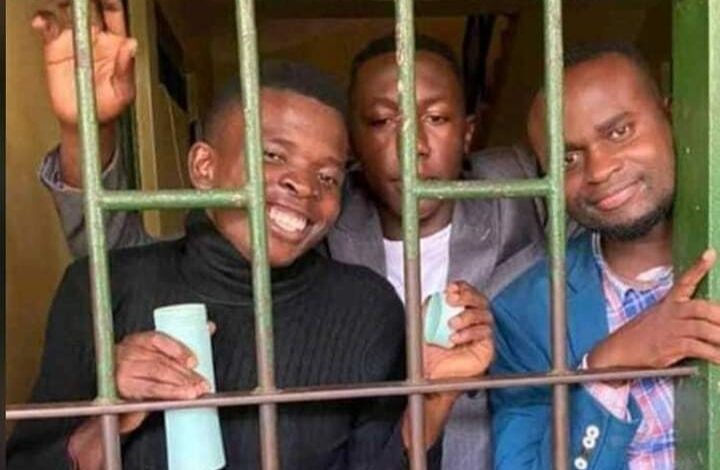When Dott Services hired Nazi to send us to Kitalya
When Dott Services hired Nazi to send us to Kitalya. Journalists need to read the poem in order to fight a winning battle.
Martin Niemöller (1892–1984) who wrote the poem was a prominent Lutheran pastor in Germany. He emerged as an outspoken public foe of Adolf Hitler and spent the last seven years of Nazi rule in concentration camps. He is perhaps best remembered for his postwar words, “First they came for the socialists, and I did not speak out…
Here below is the poem that will open every journalist’s eyes. The corruption in police and judiciary will come to the end as long as journalists come together to fight one common enemy.
The Quotation
Niemöller is perhaps best remembered for the quotation1:
First they came for the socialists, and I did not speak out—because I was not a socialist.
Then they came for the trade unionists, and I did not speak out— because I was not a trade unionist.
Then they came for the Jews, and I did not speak out—because I was not a Jew.
Then they came for me—and there was no one left to speak for me.
Martin Niemöller was born in the Westphalian town of Lippstadt, Germany, on January 14, 1892. In 1910 he became a cadet in the Imperial German Navy. With the outbreak of World War I in 1914, Niemöller was assigned to a U-Boat, of which he was eventually appointed the commander. Under the stipulations of the armistice of November 11, 1918, that ended hostilities in World War I, Niemöller and other commanders were ordered to turn over their U-Boats to England. Along with many others, Niemöller refused to obey this order, and was, as a consequence, discharged from the Navy.
In 1920, he decided to follow the path of his father and began seminary training at the University of Münster.
Niemöller enthusiastically welcomed the Third Reich. But a turning point in Niemöller’s political sympathies came with a January 1934 meeting of Adolf Hitler, Niemöller, and two prominent Protestant bishops to discuss state pressures on churches. At the meeting it became clear that Niemöller’s phone had been tapped by the Gestapo (German Secret State Police). It was also clear that the Pastors Emergency League (PEL), which Niemöller had helped found, was under close state surveillance. Following the meeting, Niemöller would come to see the Nazi state as a dictatorship, one which he would oppose.

